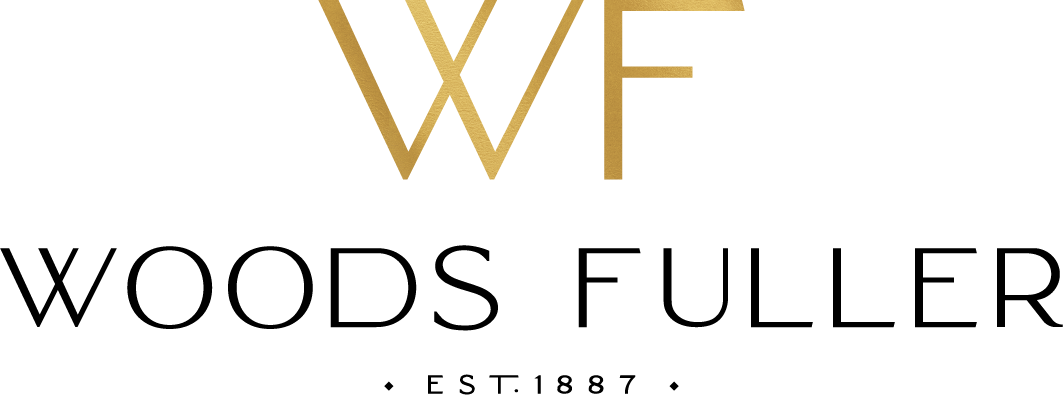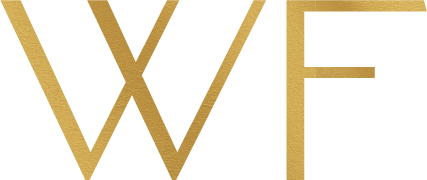AI and IP - Legal Issues with ChatGPT and Other Artificial Intelligence
If you’ve been online in the past couple months, you’ve likely seen stories about ChatGPT – a chatbot launched by OpenAI in November of last year. If you haven’t, here’s a summary: you give ChatGPT a prompt, and it uses artificial intelligence (“AI”) to generate text in a conversational style.
ChatGPT can answer simple questions or draft lengthy articles based on your prompts. It can even create poems and lyrics. However, like other AI tools that can create creative content, it has legal implications – particularly when it comes to intellectual property (“IP”).
AI and Copyright Law
Most people are familiar with the basics of copyright law—basically, it gives creators of original works certain exclusive rights to their work. For copyright, the most important right is typically the right to reproduce or publish the work.
With some exceptions (most notably works for hire), the default rule is that the author of a work owns the copyright. But what happens when those works are created by AI like ChatGPT? Who is the author? Who owns the copyright?
While the content created by AI may be unique, it is ultimately the human programmer who created the code that instructs the AI to produce these works. And, of course, AI typically responds to your prompts, so the resulting work is a product of human programming and your prompt. Finally, AI typically searches the internet for other information and imagery to compile a final product.
What if the AI uses someone else’s creative content, whether it be words or images, to create the final product? Since AI algorithms are designed to learn from existing data sets, there is always a chance that they will create works which are similar or even identical to existing copyrighted works without meaning to do so.
Unanswered Questions
From a legal perspective, there are still more questions than answers when it comes to who owns creative works made with AI. Under current law, for a work to enjoy copyright protection, the work must be the result of original and creative authorship by a human author. As such, AI-created work is likely either a public domain work upon creation or a derivative work of the materials the AI utilized in creating the final product.
Ongoing litigation will help shed light on these issues. For example, courts are addressing whether humans who give prompts to AI systems can claim ownership in the resulting work. Many artists and creators have objected to having their works used by AI systems to create derivative works, which no doubt will result in further litigation.
Courts have also wrestled with what to do with AI-made inventions. So far, courts have held that AI cannot be listed as an inventor on a patent
New Territory
AI systems like ChatGPT can be powerful tools in assisting companies to create content. When doing so, however, consider the possibility that you may not have any claim to the resulting content you create. And, particularly when it comes to graphic designs and imagery, consider the possibility that the work you created with the AI tool may have inadvertently infringed someone else’s copyright.
If you have questions about copyrights, trademarks, or patents, the Intellectual Property practice group at Woods Fuller wants to help.


